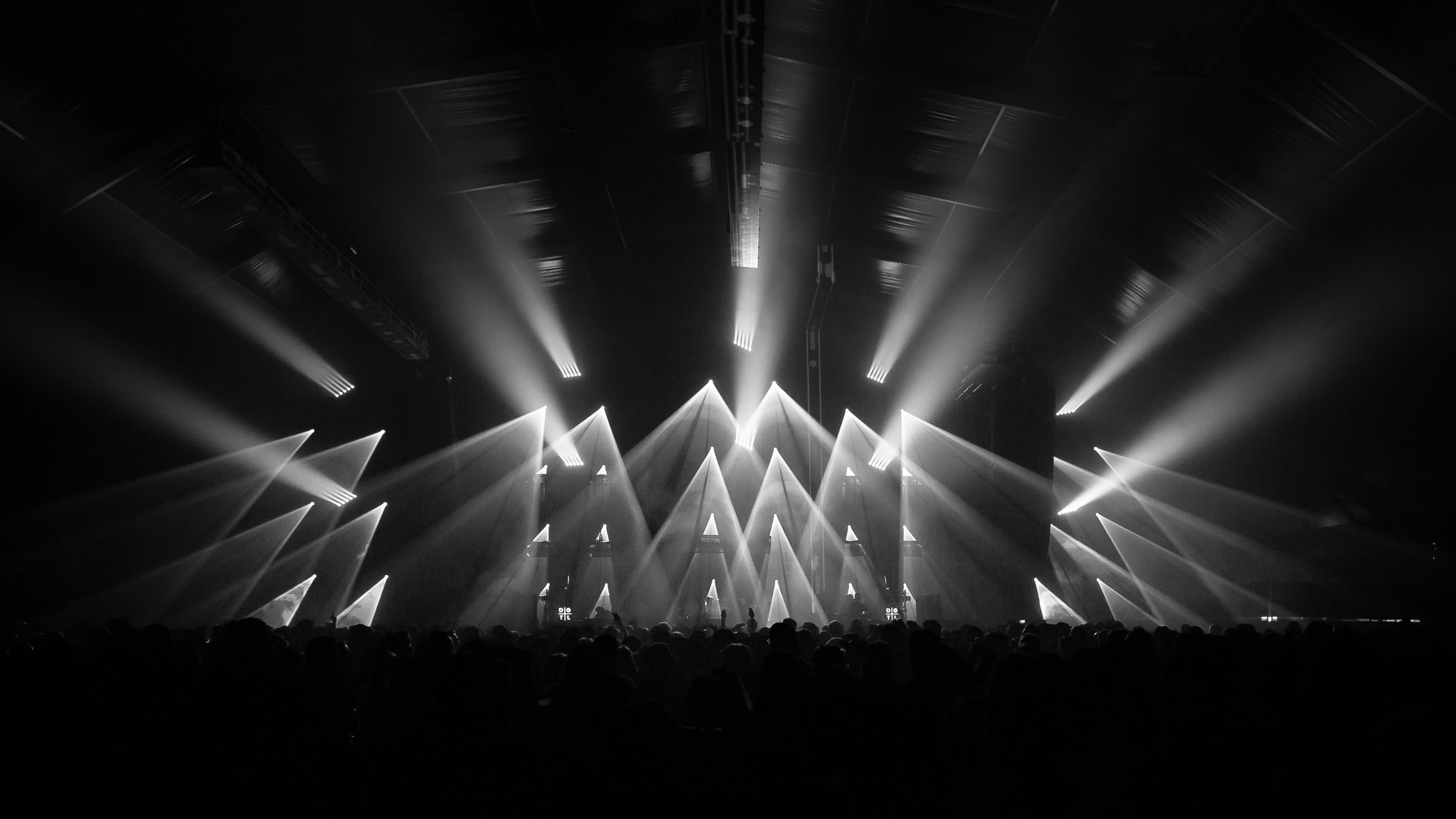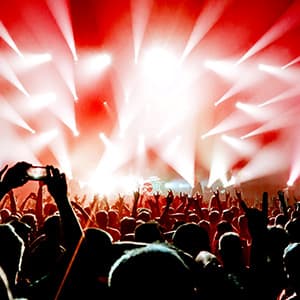

Poetry Vs Hip Hop Tickets
Up to 30% Off Compared to Competitors.
Location: Select Location (e.g, New York)
Events Nearby
We're Sorry. There are currently no events near you.
About Poetry vs. Hip Hop
Currently, both poetry and hip hop continue to thrive in the concert scene, each attracting large audiences and offering unique experiences. Poetry slams and open mic nights have gained popularity, with events held in cafes, theaters, and festivals across the globe. Notable events like the National Poetry Slam and the Bowery Poetry Club in New York City serve as platforms for poets to showcase their work and connect with audiences. The rise of spoken word poetry has also led to collaborations with musicians, creating hybrid performances that blend the art forms. On the other hand, hip hop concerts have become massive cultural phenomena, with artists like Kendrick Lamar, J. Cole, and Cardi B selling out arenas and stadiums. Festivals such as Coachella and Rolling Loud have dedicated stages for hip hop, showcasing both mainstream and underground talent. The use of social media has also transformed how both poets and hip hop artists connect with their audiences, with live-streaming concerts and virtual events becoming commonplace. As both art forms continue to evolve, they maintain a strong presence in the live event landscape, reflecting contemporary issues and cultural movements while offering audiences a powerful avenue for expression and connection.
Poetry vs. Hip Hop History
Poetry has a rich history that predates recorded history itself, evolving from oral traditions to written forms and now to live performances. In the Renaissance period, poetry flourished in Europe, with live readings becoming an integral part of literary culture. The Beat Generation of the 1950s and 1960s introduced a new wave of live poetry readings that emphasized performance, often incorporating jazz music and a more spontaneous, spoken-word style. In the 1980s and 1990s, slam poetry emerged, bringing competitive elements and a focus on social issues to the live poetry scene, turning small venues into vibrant spaces for artistic expression. Meanwhile, hip hop, which originated in the Bronx in the late 1970s, has its roots in African American oral traditions, storytelling, and rhythm. Hip hop concerts began as block parties featuring DJs and MCs and quickly transformed into large-scale events with elaborate production and performances. The genre’s dynamic nature allowed for constant evolution, leading to diverse sub-genres and styles within hip hop music. The live performance aspect of hip hop has always been crucial, with artists using the stage to engage with their audience, showcase their skills, and deliver powerful messages through their lyrics.
